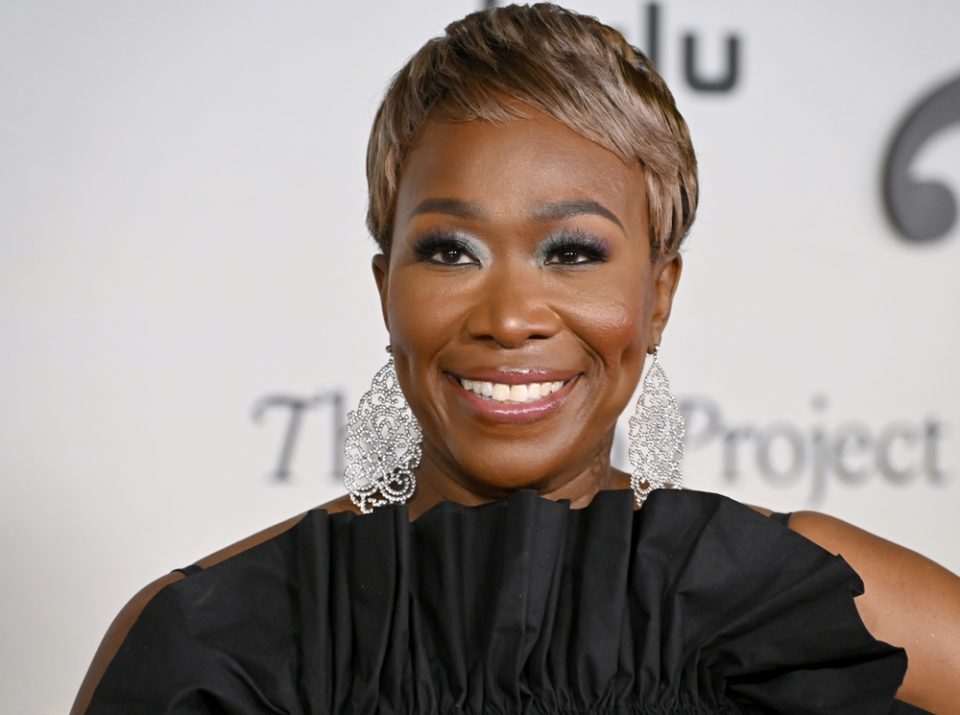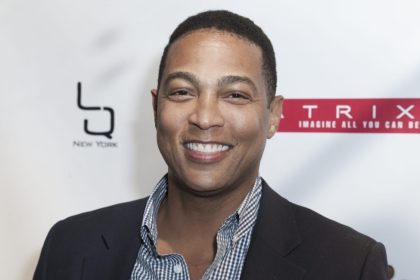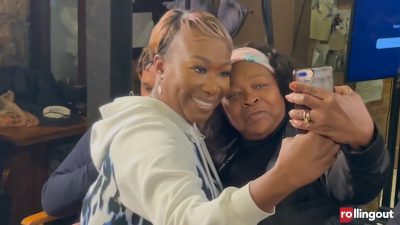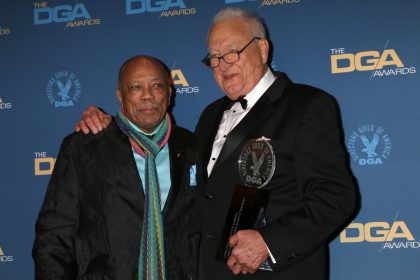
The removal of Black women from powerful media positions shows no signs of slowing down. First, Rashida Jones, the trailblazing president of MSNBC, announced her departure. Now, Joy-Ann Reid, a longtime voice in political journalism and one of the most prominent Black anchors in cable news, is losing her primetime slot.
On Jan. 14, 2025, just one day before Martin Luther King Jr.’s actual birthday, MSNBC president Rashida Jones revealed she would be stepping down. Jones, who became the first Black woman to lead a major TV news network, had helmed MSNBC for four years and been with NBCUniversal for more than a decade.
“After four incredible years at the helm of MSNBC and 11 years at NBCU, I have made the decision to pursue new opportunities,” Jones wrote in a memo to staffers.
Her leadership ushered in some of MSNBC’s most defining moments, including its coverage of the 2020 election, the Jan. 6 insurrection, and the ongoing racial justice movement. Under her tenure, MSNBC expanded its digital footprint and diversified its on-air talent.
Jones was replaced — on an interim basis — by Rebecca Kutler, MSNBC’s former senior vice president of content strategy. Her abrupt departure raised questions about what’s happening behind the scenes at the network.
Less than two months later, MSNBC is canceling Joy Reid’s 7 p.m. show, “The ReidOut.” The timing is particularly striking as Donald Trump makes headlines for his continued influence on media narratives — some speculate that the shake-up could be tied to political pressure.
Reid, 56, is an outspoken Trump critic. Since 2020, “The ReidOut“ has been an integral program in MSNBC’s lineup, that according to Nielsen and experienced a 53-percent ratings decline post Trump’s second chance at power.
Reid was allegedly offered a pay cut in December — a move that signaled trouble ahead. Now, her show is replaced by a panel discussion format featuring Alicia Menendez, Michael Steele, and Symone Sanders Townsend. The trio is well-deserving. Their political ideologies are respected voices in the discourse, but we can’t miss the fact that Reid’s firing is equivalent to erasing Black women’s positioning in primetime political news.
Reid’s contributions to journalism and her role in empowering Black women cannot be erased despite her show’s cancellation. Since joining MSNBC in 2011, she has broken barriers, created space for diverse perspectives, and used her platform to uplift marginalized voices.
Here’s how Reid has empowered Black women throughout her career:
- Amplifying Black women’s voices: Reid consistently brought Black women to the forefront, whether it was politicians like Stacey Abrams, scholars like Kimberlé Crenshaw, or grassroots activists fighting for racial justice. She gave a national platform to those often sidelined by mainstream media.
- Challenging systemic racism: From police brutality to voter suppression, Reid has fearlessly tackled issues that disproportionately affect Black communities. She called out white supremacy and held leaders accountable when other media outlets hesitated.
- Breaking barriers in cable news: Before “The ReidOut,” Reid hosted “AM Joy,” a weekend morning show that became a must-watch for politically engaged audiences. She made history as the first Black woman to anchor a primetime news program on MSNBC, paving the way for others to follow.
- Mentoring the next generation: Reid has mentored aspiring Black journalists behind the scenes, helping them navigate the industry and push for representation. Many young women in media credit her with inspiring them to pursue careers in political reporting.
- Defending democracy: Whether covering Trump’s impeachments, the Jan. 6 insurrection, or voter suppression laws, Reid positioned herself as a leading voice in the fight for democracy. Her analysis and reporting have been essential in exposing efforts to undermine voting rights — an issue that profoundly impacts Black women.
The departures of Jones and Reid raise concerns about the shrinking presence of Black women in leadership and primetime media. This trend reflects a more significant issue in newsrooms across America: Black women are often given space when their perspectives are convenient but are pushed out when the tides shift.
Reid’s departure leaves MSNBC without a Black woman in its primetime lineup — starkly contrasting the network’s messaging about diversity and inclusion. While Menendez, Steele, and Sanders Townsend bring valuable perspectives, Reid’s absence signals a diminishing space for unapologetic Black women’s voices in mainstream political media.
Despite losing her show, this won’t be the last we will hear from Reid. Whether she launches her own platform or takes some time off to reset, one thing is sure: she will continue amplifying the culture.
For now, her departure serves as a sobering reminder that black women’s voices are powerful, but they are still fighting to be heard.














